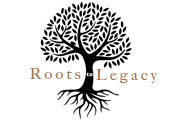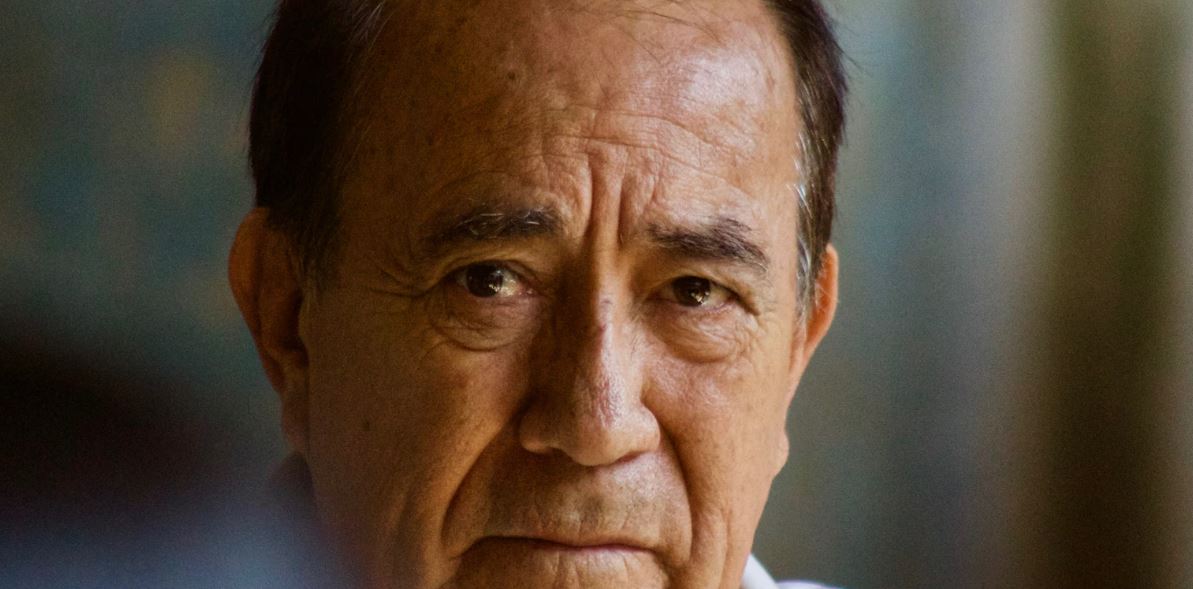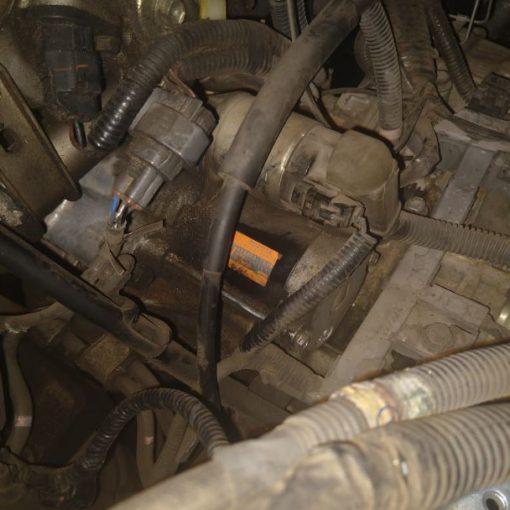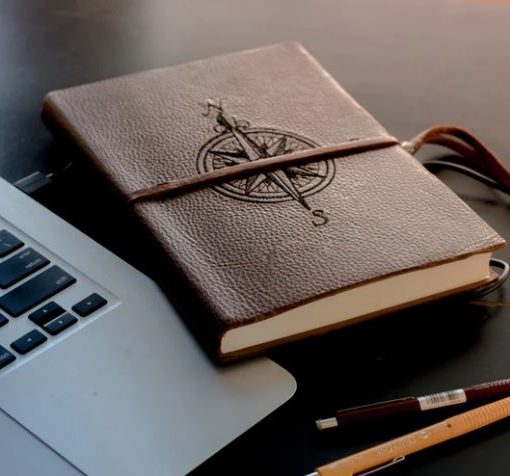A person’s life has always been fascinating to me. It is such a complex and beautiful thing. If you think about it, it’s all that really matters. If no one lived then nothing would ever happen. There would be no joy or love or any emotions or victories or failures. People living their lives is what makes everything move. This thought always comes to me when I am visiting a cemetery. On most headstones there is little more than a name, birth date, death date, and a dash in between. That dash always gets me thinking about the life that person lived. That dash contains everything that person experienced, learned, shared, and accomplished. Often that dash contains 80 plus years of those experiences, emotions, and accomplishments, 365 days a year, 24 hours a day. That is an unfathomable amount of experiences. I often start thinking about what happens to all those experiences once that person has passed on. A small portion is carried with those who knew them, for some years. The influence that person had on others is then distilled down to others as they interact and spread the results of those influences. But the bulk of those experiences and the wisdom gained in that life is lost, it instantly evaporates into eternity, forever forgotten by this world.
This is a sobering thought and one that gives me pause and reflection. I know the value of a life and the wisdom each life has earned. It pains me to imagine a life being forgotten, but so many are.
I recently learned of an ancestor, one of my third great-grandmothers, Ann Picton Hughes who immigrated from Whales to the United States in 1855. Everything I know about her is contained within a single photo, a wedding certificate, and her name on a couple Welch census’ and a ship passenger manifest. I was also able to track down where she is buried. A couple months ago I was able to visit her grave. She has been buried there since 1862. I wouldn’t be surprised if I was the first visitor to her grave in 100 years. This amazing woman endured great tragedy in her life, she sailed across the ocean to a new country, walked across the Great Plains, and helped settle the Rocky Mountains. After experiencing all this there is no remaining record of her life story. No paper with her writing survives. No one on this earth knows anything about how she felt when her husband and daughter died right after arriving in America, or what it was like to walk across the plains into an uncharted wilderness with her 5 surviving children. Her stories were not recorded and it is a tragedy.
We have no excuse in our day to not preserve our life stories. More than any other time or place in history, we have the luxuries of technology, know how, and time to preserve our life stories. Despite this golden age in which we live, so many people either don’t think to preserve their experiences and wisdom, or they don’t know how to do it. I have found, someone is much more likely to preserve their life story if they get a little help and encouragement from someone else. That someone else is often their children or grandchildren.
I have found, someone is much more likely to preserve their life story if they get a little help and encouragement from someone else.
Your parents and grandparents have life stories, experiences, insights, and wisdom stored inside of them. Most of the time they will keep these treasured locked inside of them unless someone pulls it out of them. Many people are reluctant to share their life stories. They may feel they don’t have anything worth sharing or they feel it is presumptuous to think they have anything to share anyone else would want to hear. The first step in preserving your parents and grandparents life stories is to convince them to share. If you need help in that department you can read this article I wrote on the subject: http://www.rootstolegacy.com/2020/09/22/how-to-convince-your-parents-or-grandparents-to-share-their-life-story/
Once you have a willing participant, what do you do next? The next step is to do some initial preparation. Sit down by yourself or with some others who know them well and make some notes on what you want them to talk about. Think about their qualities that you want the world and their posterity to know about. What wisdom do they have that you want to preserve. Think about their chronological life and make note of significant events, accomplishments, struggles, and milestones. Take note of the emotions and lessons learned from those events. Take notes of questions those times may inspire.
After you have thought about what you might want to know, write a list of questions you want to ask. Think about how personal you can or want to get with them. Be aware of sensitive subjects and don’t breach areas you know might turn them off and shut them down. If there are sensitive areas you are not sure about, ask them beforehand. Tell them their life story is theirs and they don’t have to talk about anything they don’t want to talk about. Ask them if they are willing to talk about those sensitive areas, and if not, that is fine. It is their choice. Make sure they know they will be respected. List your questions in the order you want to ask them. Do you want to take a chronological approach, a topical approach, a freestyle approach? I recommend you at least start with a chronological approach. Doing so is easy and warms people up. Once they get going then you can transition to a topical approach that digs deeper into thoughts, feelings, and lessons learned from particular experiences or seasons of life.
Decide how you want to capture their life stories. There are many different approaches you can take to capture, record, and preserve someone’s life story. Some approaches are better for different people and different situations. Pick the approach that is best for your parent or grandparent. Here are some options to consider:
Personal Audio Interview:
This is probably the easiest way to record someone’s life story. You can sit down with your parent or grandparent, set up a couple microphones with a digital audio recorder or laptop and ask them questions. You can even use a cellphone to do this if you want, but the audio quality won’t be as good as if you use high quality equipment. Just use your list of questions and start talking. Let them say what comes to mind. In a few couple hour sessions you will have hours and hours of life story content produced. This is the fastest way to get that much content. You can even hire a professional personal historian, or life story interviewer to conduct the interview if you are not up to the task. Audio typically feels less intrusive than video, the microphone seems to disappear more than a camera does. It sets people at ease so they can share freely.
Personal Video Interview:
Audio interviews are my favorite, but video also has its place. Many people think that video is more valuable than audio because you can also see the person. The fact is, audio is much more consumable than video. Someone is more likely to listen to 5 hours of audio than they are to watch 5 hours of video. Editing is also much more complex and expensive. It is also much more difficult to get high quality video than it is to get high quality audio. All that being said, Video is a great tool and a perfect match for some people and situations. Regardless of the method you use, you should get at least some video of the person. In my opinion t is better to have candid video than interview style though. I would much rather see a person moving, doing, and interacting than someone just sitting looking at the camera answering questions. Some people are great on camera though, if your parent or grandparent is one of those people then interview them on video. If a camera is going to make someone go into their shell then don’t use it for the interview. Just get some candid video after the interview so they don’t feel like they are the center of attention.
Writing Their Life Story.
Some people are great writers and love writing. If your parent or grandparent is one of these people, then set them up to write their experiences and wisdom. Help set them up on a computer or give them a notepad. Give them the questions you would like them to answer and let them write their responses. It would be wise to set up a writing schedule with them so they can set aside time to write. If you don’t plan appropriately it will keep getting put off. You could even set up a regularly scheduled email that you can send to them with a new question for them to respond to each time. After they have finished you can get an editor to go through, clean it up, and prepare it for publication. You can even have it printed in book form, there are various vendors who offer such services. You can also just have it typed up so it can be distributed electronically. You could also break it down into smaller individual stories and insights and distribute them to family and friends via email on a set schedule. Having the text gives you lots of different options for sharing.
Hire a Memoir Writer.
There are many very skilled memoir writers out there who can visit with your parent or grandparent, make notes of their life story and then produce a professional memoir of their life. This is probably the most expensive method but it is a great fit for some people. It takes most of the work out of your hands.
Your loved ones have stories that need to be preserved. There is no reason to not preserve them. Once you have done it you will have a great sense of relief. You will know that their life will be remembered and will be able to inspire and support others for many generations. Don’t let your parents and grandparents lives be forgotten, take the time and the effort necessary to preserve the experiences, emotions, lessons, and wisdom they have accumulated throughout their amazing lives.





